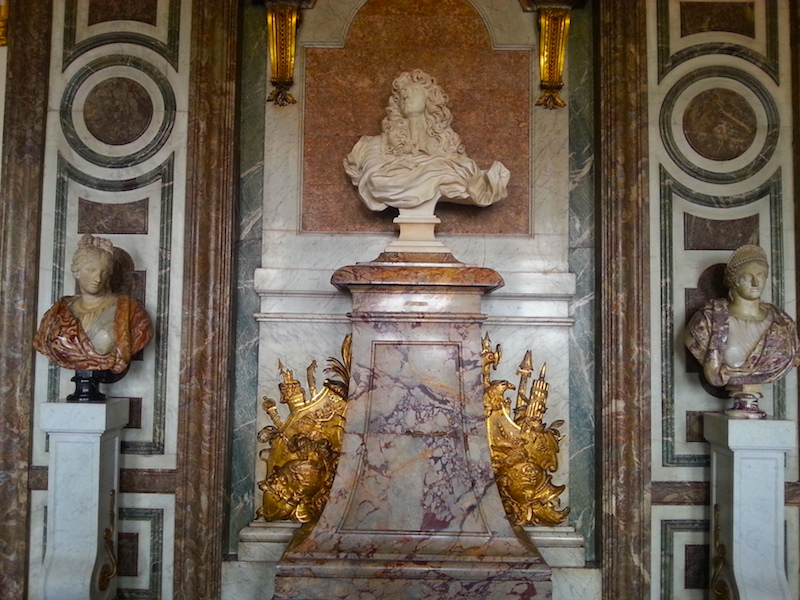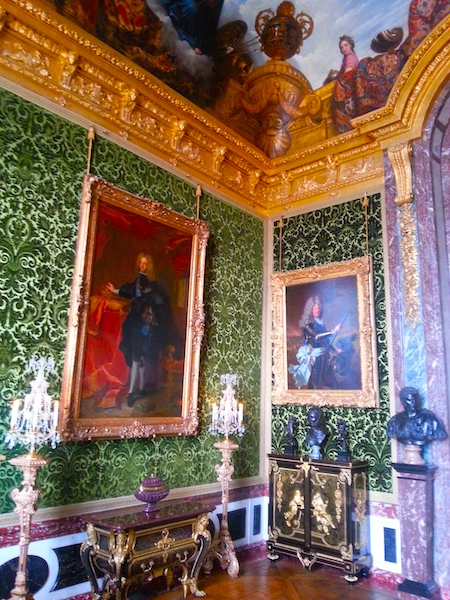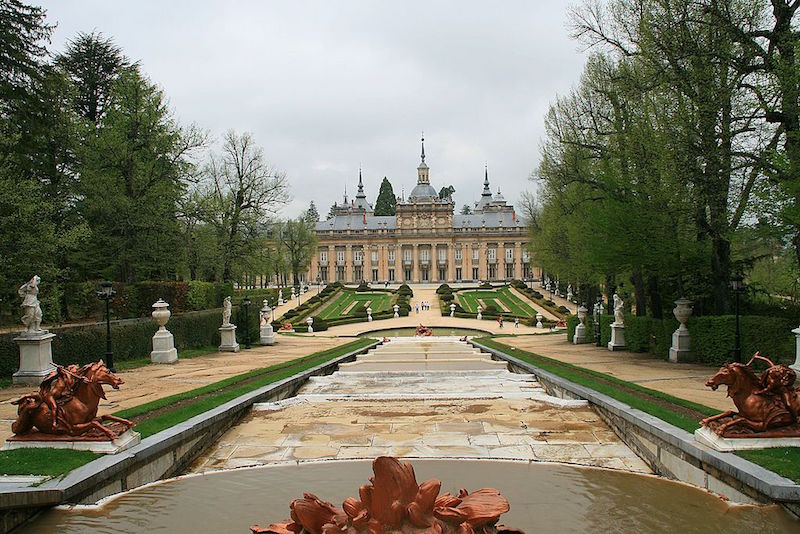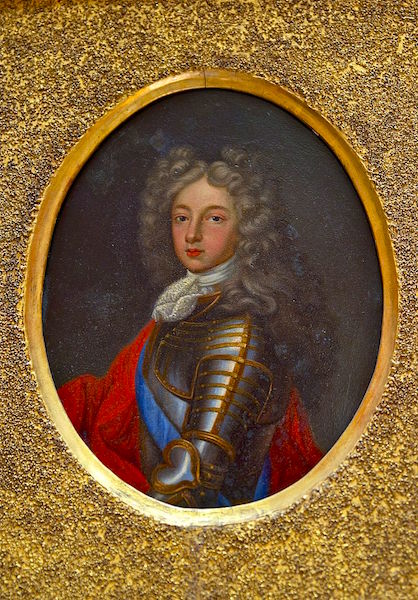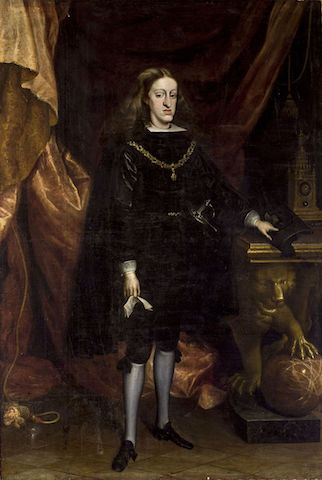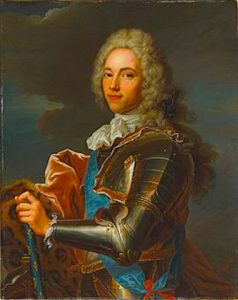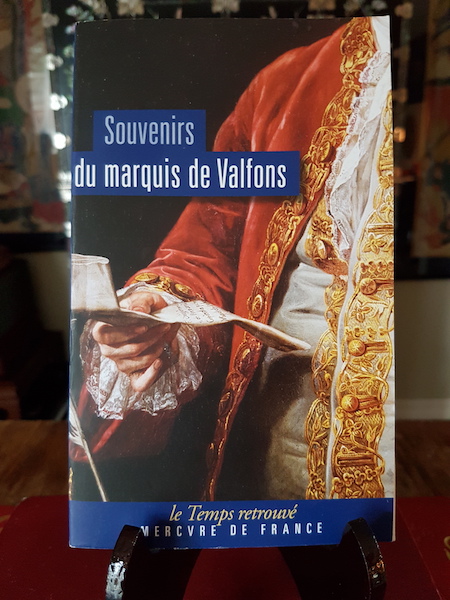Today we bring you Part 4 of the War of the Spanish Succession. In Part 3, we saw that war was officially declared on France and Spain by England, the United Provinces (today’s Netherlands), and Austria in the spring 1702.
The States of Europe Take Sides
In the beginning, France and Spain faced Europe alone. They were soon joined by Bavaria, whose Elector still believed that his late son, Prince Joseph Ferdinand, the designated heir to the Spanish throne in the late 1690s, had been poisoned by Austrian agents. The Elector of Cologne also signed on. The last addition to the team was Savoy. It should perhaps be explained that the duchy of Savoy was an independent state at this time. Its duke also possessed the principality of Piedmont and ruled from its capital, Turin. The Duke of Savoy was more or less obligated to support France and Spain because one of his daughters was married to the Duc de Bourgogne, third in line in to the French throne as the eldest grandson of Louis XIV, and another daughter was married to Bourgogne’s younger brother, the newly minted Felipe V of Spain. Savoy was an unreliable ally, however. Nancy Mitford remarks in her biography of Louis XIV, The Sun King, that Duke Vittorio Amadeo was famous for never finishing a war on the same side that he started on. On the whole, it was an underwhelming team. Apart from Savoy’s unreliability, there was the problem of Spain’s near bankruptcy and general weakness. The Elector of Bavaria was a solid ally, but lacked resources. Cologne, of course, was too insignificant to make much of a difference. France would have to shoulder most of the financial and military burden itself.
Those who have been following this series from the beginning will recognize the map below because I used it in Part 1. It may be helpful here in Part 4, too, so I’m reproducing it again.
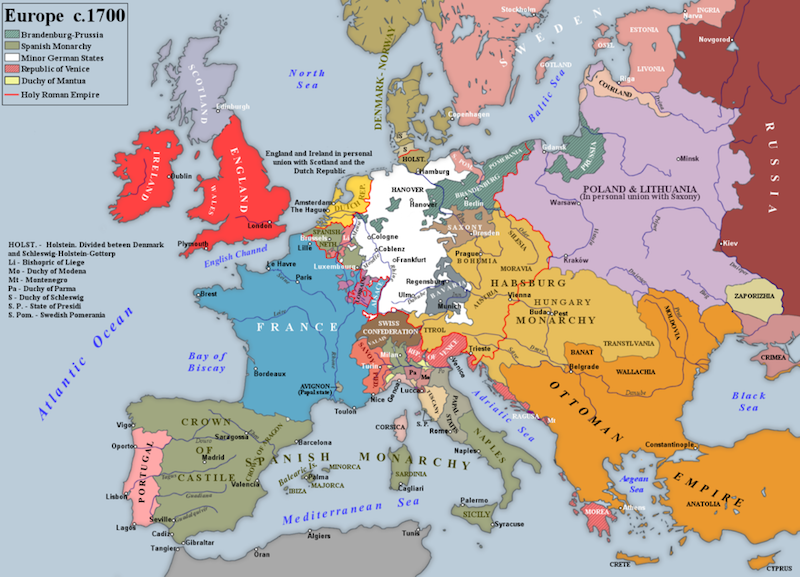
Europe in 1700. Credit: Wikipedia.
On the other side, the Grand Alliance, as the England-United Provinces-Austria axis called itself, was joined by Portugal, Brandenburg-Prussia, Hanover, and various other German states, the most important of which was the Palatinate (German: Pfalz), a Rhineland state on the French border that was coincidentally ruled by another branch of the Bavarian ruling dynasty. The Palatinate, to the horror of Louis XIV’s sister-in-law, a Palatine princess, had been devastated by French armies in a prior war and was itching for revenge. It was more or less understood that Austria would supply most of the military muscle on the continent while England and the United Provinces would provide sea power.
Continue reading







